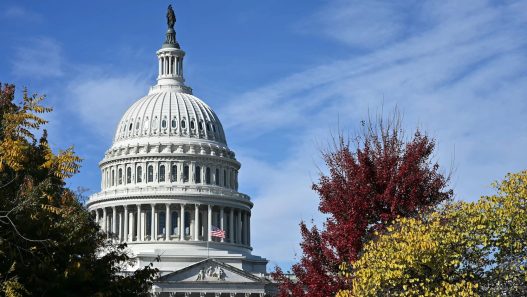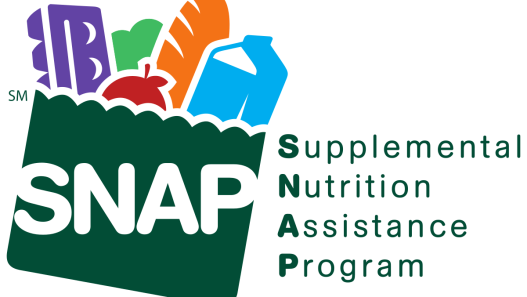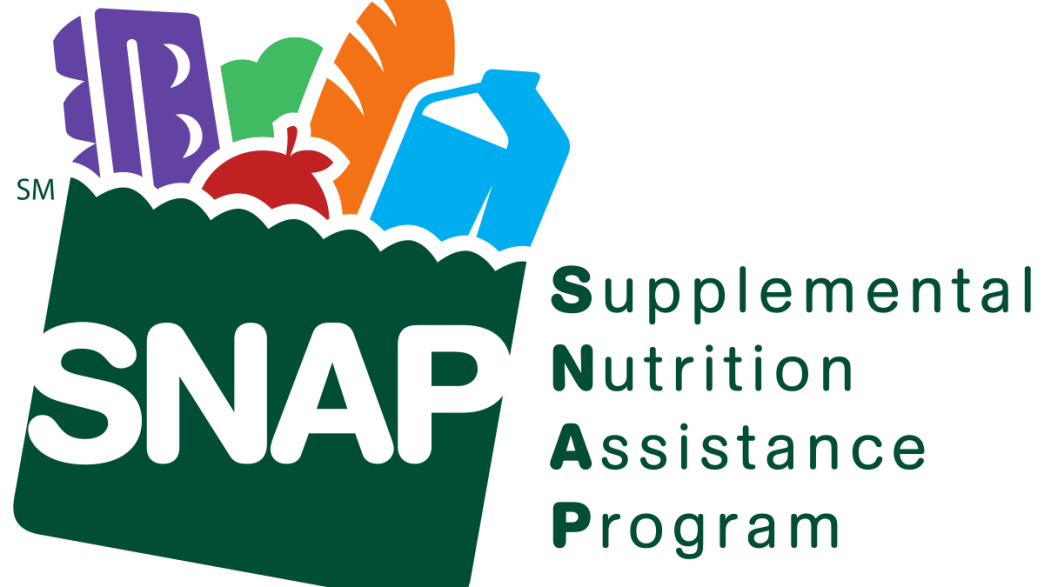
Lance Haynie is a public affairs professional with over two decades of experience in government relations, risk management, policy development, and strategic leadership. He has worked with local, state, and federal partners to advance practical, results-driven solutions that strengthen communities and improve how government serves the people it represents.
A Republican who believes government should remain limited, focused, and accountable, Lance draws on experience in both the public and private sectors to advocate for policies that promote freedom, responsibility, and individual opportunity. His writing explores the intersection of policy, leadership, and community success with a focus on responsible governance, local control, and solutions that empower people rather than institutions.






















Articles written by Lance Haynie are licensed under a Creative Commons Attribution-NonCommercial-ShareAlike 4.0 International License.
The views and opinions expressed are those of Lance Haynie, and do not represent the official position of his employer or any affiliated organization.